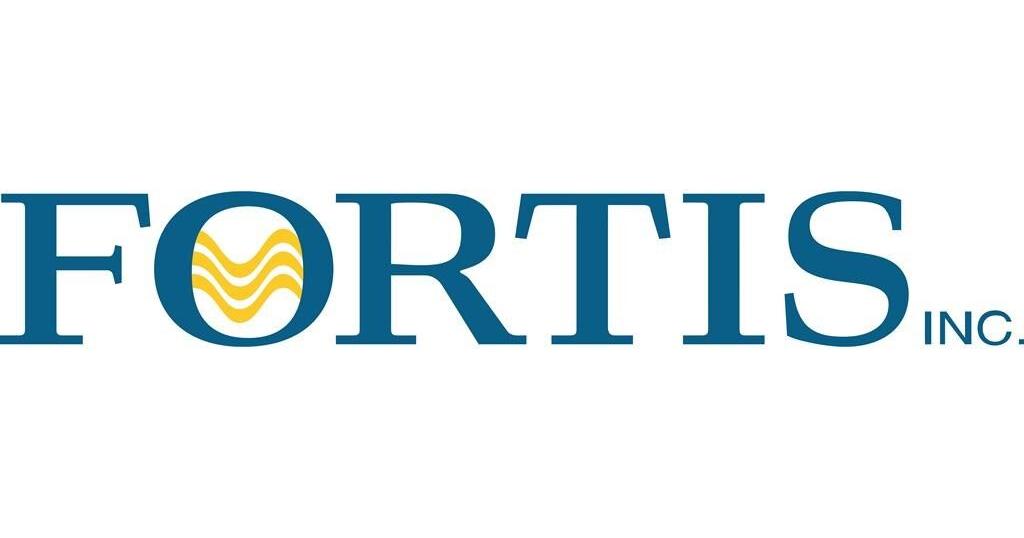You probably know this extract from The Serenity Prayer.
God grant me the serenity to accept the things I cannot change;
Courage to change the things I can;
And wisdom to know the difference.
The pray is attributed to Reinhold Niebuhr (June 21, 1892 – June 1, 1971), considered the most influential American theologian of the 20th century. In 1941 an Alcoholics Anonymous member saw the prayer in The New York Herald Tribune and AA adopted it.
The words “accept the things I cannot change” offers exceptional sage advice for those searching for a job.
My conversations with frustrated job seekers have a common denominator: they’re unwilling to accept what they can’t change. As a result, they waste time and energy complaining about how employers hire.
Since no two employers hire the same way, you need to be psychologically flexible when dealing with employers and accept what you can’t change.
Accepting what you can’t change offers you and your job search several benefits:
- Less worry and stress
- A more positive attitude
- Less energy drained from being frustrated
- Having realistic expectations (Not filling your head with wishful thinking.)
Accepting the following truths regarding how employers hire—truths that will exist for the foreseeable future—will decrease your job search stress and increase your job search efficiency since you will not waste your time and energy fighting what will not change.
Employers look out for their self-interest, not yours.
Employers own their hiring process and therefore design how they hire to suit them, not the job seeker.
When I hear job seekers question an employer’s hiring decision (It wasn’t them.) I reply, “Just because you didn’t like the result of not being hired doesn’t mean the employer’s hiring process wasn’t fair or they hired the wrong person. It’s unfair to you because how the employer chooses to hire serves their self-interest, not yours.”
As I’m sure you can imagine, this doesn’t always sit well—I tend to tell job seekers what they need to hear, not what they want to hear. Employers will always put their own interests first when hiring, giving a promotion, establishing a department budget, deciding whether to downsize or sell a division, etc.
The business’s needs will always come first, this is how businesses survive and prosper. Due to this reality, as a job seeker, you need to demonstrate (READ: sell) how your skills and experience are aligned with the employer’s self-interests. In most cases, this means positioning yourself as someone who’ll contribute to the company’s bottom line.
Hiring managers have biases.
Hiring managers are human beings and therefore have biases. You have biases, I have biases—there’s not a single person on this planet who doesn’t have a repertoire of biases.
Legislations and laws haven’t reduced bias in the hiring process; they made employers less forthcoming about their biases. You simply don’t get hired. Those who feel entitled will assume they weren’t hired because of their age, gender, race, whatever—it’s never them.
For good reasons, hiring managers rarely mention that a large part of choosing who to hire is determining how a potential employee will fit into their workplace culture and get along with current employees. Many call this being bias; many call it “hiring for fit.” The thinking is, why would you hire someone who may rock the boat or not get along with the current team? A C-suite executive once told me a team that fits together like a puzzle will be profitable, which is why when he hired his placed a lot of emphasis on the candidate being a “fit.”
Those of you who regularly read my column know my foremost advice is to look for your tribe. Don’t think, “I’m looking for a job,” think, “I’m looking for my tribe!” Look for where you belong—where you’ll be accepted. This approach reduces hiring biases towards you and, therefore, increases your job search success. You’re leveraging human biases in your favour!
If you’re having a tough time with your job search, I guarantee it’s because you’re trying to fit yourself into companies where you don’t belong. I recommend you read my column, As a Job Seeker Look for Your Tribe.
I know it’s disheartening to accept what you deeply wish was different. One of life’s harshest truths is sometimes we can’t change reality. Accepting what can’t be changed will result in you outperforming other job seekers (your competition), who waste their time and energy trying to change what can’t be changed.
______________________________________________________________
Nick Kossovan, a well-seasoned veteran of the corporate landscape, offers advice on searching for a job. You can send him your questions at artoffindingwork@gmail.com.
Related


































